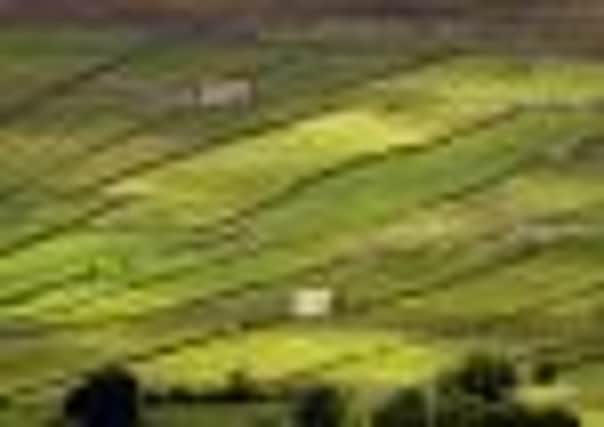Warning over National Parks planning threat


Neil Sinden, policy director for the Campaign to Protect Rural England (CPRE), told MPs he is “very concerned” the Government’s controversial new Growth and Infrastructure Bill will take away the historic right of national park authorities to block any development they fear would spoil the look of the national park.
The provision only relates to the construction of the communications masts and cabinets required for the roll-out of next-generation broadband services, with Ministers insistent the new technology must be delivered to rural places as quickly as possible.
Advertisement
Hide AdAdvertisement
Hide AdBut park authorities and rural campaigners say they are already fully supportive of the new technology, and claim it is vital they retain the power to influence all types of development in national parks and where infrastructure is sited.
“We believe this is a sledgehammer to deal with what may be (at worst) a very small problem,” Mr Sinden told members of Parliament’s environment select committee. “From a CPRE perspective, we are very concerned about these provisions in the Bill.
“We don’t need to sacrifice potentially the value of natural beauty in our finest landscapes in order to achieve these objectives. We all share broadband roll-out objectives, and that’s the critical point the CPRE will be pursuing.”
Last November, the Yorkshire Post revealed the concerns of both the Yorkshire Dales and the North York Moors National Park Authorities about the broadband clause in the Growth and Infrastructure Bill, which is making its way through Parliament.
Advertisement
Hide AdAdvertisement
Hide AdSpeaking at this week’s committee hearing, Paul Hamblin, director of the English National Park Authorities Association, said: “It needs to be made absolutely clear that the National Park Authorities really want to see roll-out of broadband and mobile networks.
“(But) I have to say we do have concerns about that clause, principally because of the precedent it potentially sets for future legislation in weakening the protection for national parks – and areas of outstanding natural beauty, too.
“We’ve looked to this proposal, and are wanting to know really where it’s come from. What’s the evidence to support the need?
“Because as I’ve said, we’re very keen to see the roll-out of broadband, and so we’re not clear why this has come forward.”
Advertisement
Hide AdAdvertisement
Hide AdMr Hamblin said the Government had provided 20 examples of episodes where it claims local planning rows have held up the roll-out of next-generation broadband – but that not one of them was in a national park.
“We overwhelmingly support proposals that come forward,” Mr Hamblin said. “Over the last five years, National Park Authorities have received 140 planning applications in this area – and only three were refused.”
But speaking to the Yorkshire Post after the hearing, Planning Minister Nick Boles insisted the clause is necessary to reduce the bureaucracy that can hold back the roll-out of the new technology, and insisted national parks have nothing to fear from the measure.
“There is quite a bit of evidence that there has been an inordinate delay in making decisions to put in place the broadband infrastructure,” Mr Boles said.
Advertisement
Hide AdAdvertisement
Hide Ad“The way (broadband) can liberate people and businesses in national parks is absolutely dramatic, and so we do need to make sure that bureaucracy is not standing in the way.
“There will be a code of practice agreed between local authorities and national park authorities and the broadband suppliers on what they should look like, where they should be sited and the principles of all of that.
“It’s not going to be people just bunging boxes of any size or shape in any place – but we just need to get a move on.”